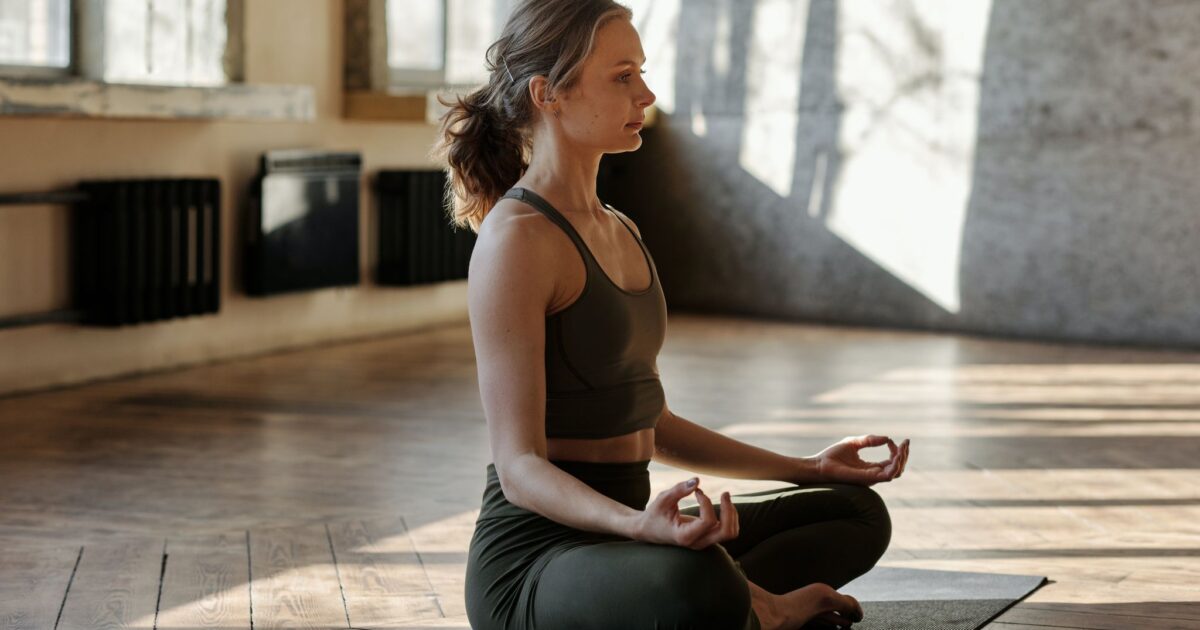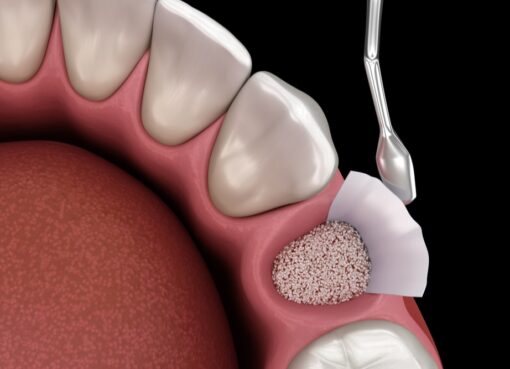First of all, let’s understand the role of the sports nutritionist such as snac for example in the lives of those who practice sports. The nutritionist who serves the public aims to adjust the diet and supplementation according to the type of sport and the intensity and duration of training to ensure that they achieve good performance, recovery, and adaptation to their needs.
This also requires that the professional knows about the physiology and biochemistry of physical exercises. This way, prescriptions, and strategies can be individualized according to the athlete’s training period. Each modality will have extra care and strategy, but all with the same purpose:
- ensure that the athlete meets their nutritional needs before, during, and after training
- manage to prevent injuries
- ensure optimal health to keep your workouts at a high level.
What Changes To Non-Practitioners Of Physical Exercises?
Firstly, the need for energy, carbohydrates, proteins, and even hydration will be increased in athletes.
There are specific and scientifically based guidelines in which the professional is guided to determine the ideal amounts of these nutrients in the athletes’ meals.
In addition, micronutrients (vitamins, minerals, and bioactive compounds) are essential for a good training plan. They are part of various metabolic processes, energy generation, and muscle recovery.
And when they are missing, their lack can harm the person in terms of income and health.
For this reason, it is ideal that the dietary plan, Vitalyze® is personalized for each individual, taking into account the exercise he practices and his performance goals, food preferences, the competition period he is in, and how he responds to different strategies.
An ideal diet with the specificities of each workout will be able to provide the correct substrate that meets the energy demands for sports and cognitive function. This contributes a lot to the success of the athlete and practitioner of regular physical exercise.
Below we list some of the main ways sports nutrition can contribute to an athlete’s life.
Sports Nutrition: Changes In Body Composition
Despite the idea that every athlete does not need to control and adjust their body composition, there are some situations in which this needs to be adjusted. Depending on the modality and period of competition, some adaptations are necessary to contribute to the athlete’s success, either in muscle mass gain or reduction in the percentage of fat. From then on, a balanced diet adjusted according to training will help this process to happen without further damage to your performance.
In other words, there is no shortage of substrates so that the sportsman can continue doing his exercises and training at the appropriate frequency.





